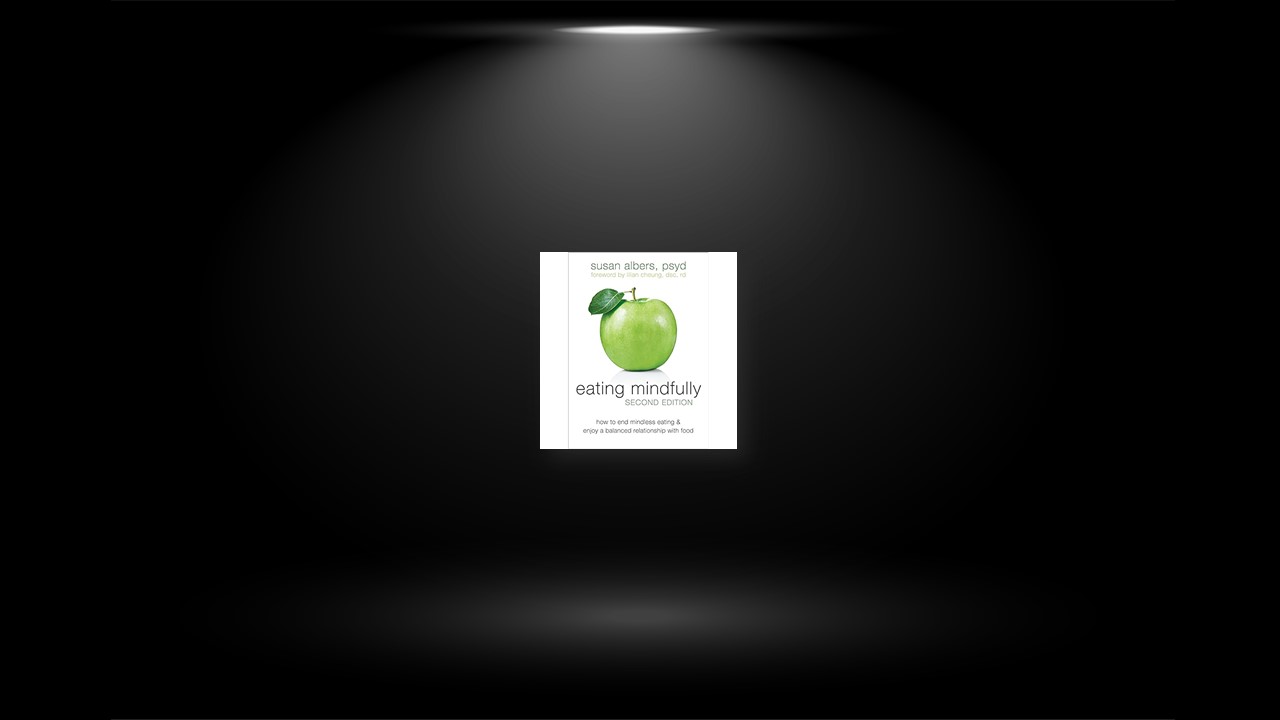The Four Foundations of Mindfulness
Imagine for a moment that you are holding a bowl of chicken noodle soup. Think about grasping the steaming bowl in your hands. Picture yourself bringing a spoonful of the liquidy noodles to your mouth. Let’s think about what happens in your mind as you begin to imagine this scenerio. It’s likely that you immediately had an emotional reaction to the words “chicken noodle soup.” Maybe it reminded you of a chilly, snowy day. Perhaps your mind drifted back to when you were a kid and sick with a cold. You may have wondered whether soup was something you craved. Your taste buds may have sprung into action, anticipating the salty warmth heating up your body. The point is that eating isn’t just about picking up the spoon and putting it into your mouth. It’s a lot more complex. Just thinking about eating creates an entire body, mind, cognitive, and emotional reaction.
It sounds easy enough to just “be more aware” of what you eat. But mindful eating is much more complex and sophisticated than that. It’s understanding why and how you eat, the factors that make you stop and start eating. The four foundations can help you answer those important questions. Sometimes you are very aware of how you feel about food—for instance, you know you love the taste of chocolate. But other times it is more unconscious—eating chocolate may subconsciously stir up a lot of guilt. When you eat mindfully, essentially you bring all of the unconscious, buried forces that dictate how you eat to the surface so that your mind can examine them, and you can begin to see how thoughts and feelings impact the way you eat.
#1 Mindfulness of the Mind
Mindfuless of the mind includes becoming aware of many aspects of your mind and your level of attention. At any given moment, your mind can be distracted, restless, sleepy, clinging to the past, zoned out, obsessed, scattered, vigilant, or guarded, among many other ways of being. These states are transient, changing from moment to moment, but all the while they create a backdrop for understanding how you eat. Here are ways you can be more conscious of what is happening in your mind:
Be more aware of sensations (hear, taste, touch, smell, see). Notice whether you are mindlessly munching or tasting every bite. Be aware of what your mind is doing (obsessing, worrying, craving, etc.). Be in the moment, focused on what is happening right now. Pay attention to how your hunger and fullness change with each bite. Break out of autopilot eating habits.
#2 Mindfulness of the Body
Body mindfulness is attending to every aspect of your inner and outer body. It includes paying attention to your hunger and fullness cues. It’s noticing how it feels to open and close your mouth when you chew. Tuning in to your breathing and body through yoga and meditation are also key. Examples of how you can be mindful of your inner and outer bodily sensations:
Pay attention to the process of eating, like picking up your fork. Be attentive to your breathing, which can relax your body and move you into the moment. Tune in to body sensations, such as your feet touching the floor or clothing rubbing your skin. Taste and savor food, noticing the texture and flavor. Hear hunger cues, like a rumbling stomach. Understand your satiety and fullness cues. Relax your body to help alleviate stress. Meditate and practice yoga. Notice how your body moves—how you walk, sit, run, et cetera.
#3 Mindfulness of Feelings
Mindfulness of feelings involves naming and embracing your feelings, whether they are positive or negative emotions. Food and feelings are tightly intervowen with each other. Being mindful of your emotions helps you to know what feelings trigger emotional eating and/or stop you from eating well. Things to keep in mind:
Be aware of feelings that prompt you to eat, like boredom, stress, pain, or loneliness. Be aware of the feelings that follow eating, such as pleasure, satiation, or comfort. Notice emotions linked with overeating, such as shame, sadness, guilt, and regret. Pay attention to feelings that come from eating mindfully, like feeling energized, satiated, content, or comfortable.
Notice where you feel emotions in the body. For example, some people feel sadness as a hole in the belly. They overeat to fill the perceived hole. To others sadness feels as if their hearts are being squeezed. Some people feel anger as a kind of electrical current coursing through their bodies, while to others anger feels like heat radiating from the chest.
#4 Mindfulness of Thoughts
Mindfulness of your thoughts means being mindful of the content of your thoughts—what you think and say to yourself. Your thoughts can be like subliminal audiotapes that your mind plays over and over, without your conscious awareness that they are playing. When you are mindful of your thoughts, you hear what you think without necessarily acting on it. Here are ways to practice this:
Raise your awareness of your internal stream of thoughts about food and hunger. Notice how thoughts impact your hunger and fullness (such as “I’m so full” or “It looks so good” or “I’ll start my diet tomorrow”). Be aware of your inner critic. Tune in to the dialogue in your head that says, “You shouldn’t eat that” or “Don’t eat that.” Notice black-and-white thinking (such as believing that a food is either healthy or unhealthy). Use compassionate language instead of judgmental words. Notice types of thoughts—judgments, dreams, beliefs, negative, positive, catastrophic, black and white.
Mindful Eating Quotations
Words of wisdom can make a difference, particularly when you are having a challenging day. This collection of timeless advice all speaks to the same idea—that eating mindfully is good for your mental and physical health. Make a copy of these pages. Hang them up for inspiration!
“One cannot think well, love well, sleep well, if one has not dined well.” —Virginia Woolf
“Tell me what you eat, and I will tell you who you are.” —Anthelme Brillat-Savarin
“Let food be thy medicine, thy medicine shall be thy food.” —Hippocrates
“Part of the secret of success in life is to eat what you like and let the food fight it out inside.” —Mark Twain
“Better to eat a dry crust of bread with peace of mind than have a banquet in a house full of trouble.” —Proverbs
“The more you eat, the less flavor; the less you eat, the more flavor.” —Chinese proverb


